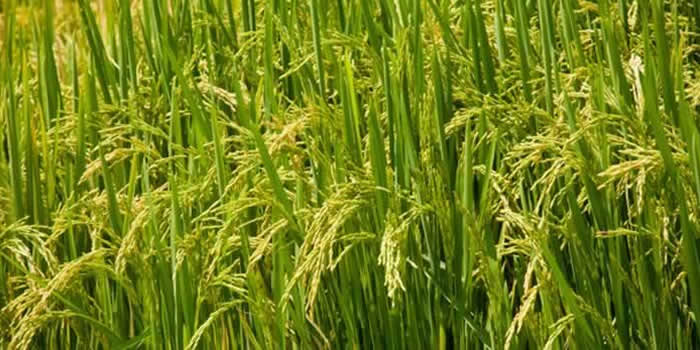Adverts
AGRICULTURE
Assin North to prioritise rice cultivation in 2019
In fulfilment of maintaining national food security, the Assin North District has expressed its commitment to prioritise the cultivation of hybrid rice under the "Special Rice Initiative" (SRI).

Date Created : 3/20/2019 2:43:47 AM : Story Author : GNA
Dubbed “Public private partnership for competitive and inclusive rice value chain development: Planting for Food and Jobs – Rice Chapter,” the project is aimed at increasing rice production, strengthening and expanding access to output markets among others.
The move is also intended to adopt a two-tier approach on short, medium and long-term solutions to enable the government achieve its sub-sector goal of becoming self-sufficient in rice production to improve the livelihoods of 128,763 farmers by 2020.
Mr Francis Kwame Freeman, the District Director of Agriculture, who announced this said the interdependence on rice imports would significantly reduce.
Ghana has since 2015 spent over a billion dollars on rice imports annually regardless of the fact that fertile lands were available for the growing rice to feed the whole of West Africa but it was importing rice to that tune.
The Ministry of Food and Agriculture (MoFA) in November 2018 entered into a 2.5 million euro Public Private Partnership (PPP) agreement to boost rice production of in the country known as “Ghana Rice Initiative”.
Championed by the German Government and implemented by AGRA and other partners, the innovative initiative is expected to last 36 months beginning last November.
It also intends to adopt a two-tier approach on short, medium and long-term solutions to enable the government achieve its sub-sector goal of becoming self-sufficient in rice production to improve the livelihoods of 128,763 farmers by 2020.
Nationally, the project will be implemented in the Ashanti, Brong Ahafo, Northern, Central and Volta regions with about 130,000 farmers from 110 districts in the beneficiary regions supplied with subsidised certified seeds under the project.
The District Director of Agric explained that government has put in place a number of measures to cause a permanent change in the structure of the sector by halting the importation of basic commodities, especially rice, and increase export.
He said government’s interventions in the sector included horticulture development, perennial crop development, irrigation development, agriculture mechanization promotion, agriculture financing and private sector investments.
Government, under the Planting for Food and Jobs, is supporting farmers with certified seeds, marketing services, e-agriculture, fertilizer and extension services to boost crop production in the country, the lowest in the sub-region.
Mr Prince Osei Poku, the District Crops Officer, identified some challenges in the sector to include the lack of effective extension services to help educate farmers on improving farming technologies.
He urged farmers to adopt modern agronomic practices and best farming methods to increase crop yield.

